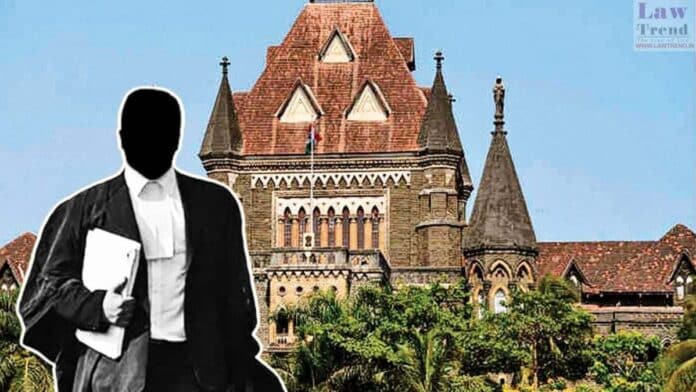The Bombay High Court, in a landmark judgment, quashed a rape case filed against Mumbai-based lawyer Tapan Anant Thatte, observing that the allegations stemmed from a relationship gone sour rather than constituting criminal behavior. A division bench comprising Justice Bharati Dangre and Justice Manjusha Deshpande delivered the judgment, asserting that the criminal proceedings amounted to




